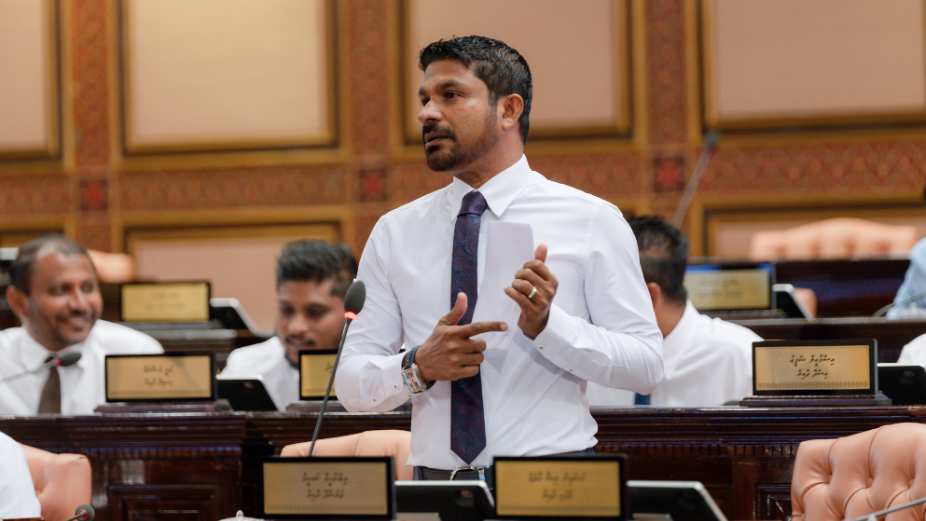
A significant overhaul in the Maldives’ fiscal management is on the horizon as the government proposes a new state fiscal responsibility law to replace the existing state expenditure responsibility law. The bill, introduced by Thulusdhoo MP Ibrahim Naseem, aims to streamline and enhance the nation’s financial governance.
Key Provisions of the Bill
Article 6 of the proposed legislation grants the Maldives Monetary Authority (MMA) the authority to advance 2.5 per cent of the government’s revenue for three years to manage cash flow. Under the current law, the government can withdraw only one per cent in advance from the MMA, equating to approximately USD 270 million. Despite this provision, the government has not utilised the one per cent overdraft capacity to date.
The bill stipulates that any funds advanced must be repaid within three months, with the MMA issuing these funds at market interest rates. Upon parliamentary approval and presidential assent, the existing Public Expenditure Act will be repealed.
Historical Context and Current Financial Management
Since the suspension of the unlimited money printing limit in 2020, the government has printed MVR 8 billion over the past three years. Notably, the MMA will not levy any charges to cover state expenditures this year. Finance Minister Dr Mohamed Shafeeq stated that all government expenditures thus far have been financed through revenue and Treasury bills.
Introduction of a Fiscal Responsibility Charter
A crucial element of the new bill is the mandate for the Finance Minister to prepare a five-year fiscal responsibility charter within six months of each presidential term’s commencement. This charter aims to ensure sustainability and transparency in the fiscal policies of successive governments. The charter must be drafted, documented, and submitted to the Cabinet by March of the first year of the term, and subsequently presented to Parliament within 14 days and published in the Gazette.
Feasibility Studies and Project Grading
The bill necessitates a feasibility study before budgeting projects under the Fiscal Sustainability and Investment Programme (FSIP). Furthermore, the Finance Minister is required to establish criteria for grading projects based on their types and estimated costs.
Review and Amendment of the Fiscal Responsibility Charter
Provisions for reviewing and amending the fiscal responsibility charter are included, with any changes needing submission to the Cabinet within 30 days of identification.
Exemptions Under the Act
The bill outlines specific circumstances under which the act will be exempt, including:
• Natural disasters affect more than 15 per cent of the population.
• Unexpected major economic shocks.
• GDP and tourist nights falling below zero per cent for two consecutive quarters.
• A 25 per cent decline in government revenue for two consecutive quarters.
• A three-month inflation rate increase to 15 per cent.
• A balance of payment disaster.
Accountability and Reporting
To ensure accountability, the proposed law requires a statement of budget results to be submitted to Parliament and the Office of the Auditor General within five months of the end of each fiscal year.
The introduction of this bill marks a substantial shift towards more rigorous and transparent fiscal management in the Maldives, reflecting the government’s commitment to financial responsibility and sustainability.












